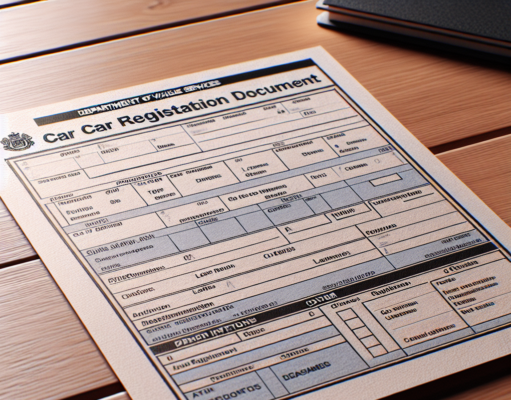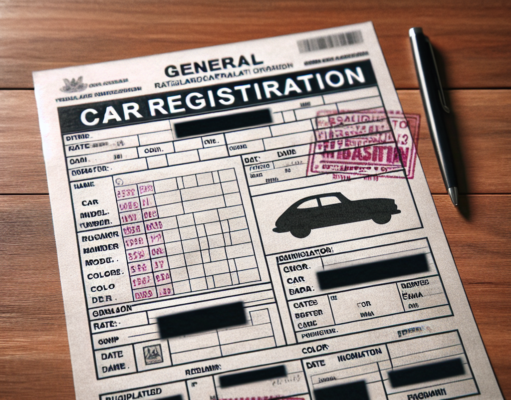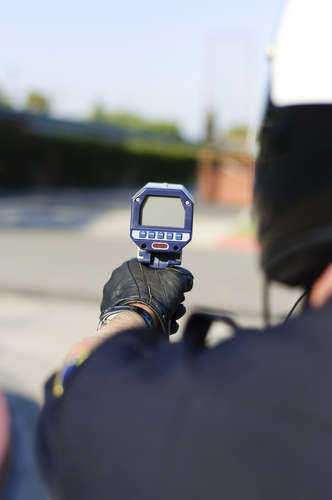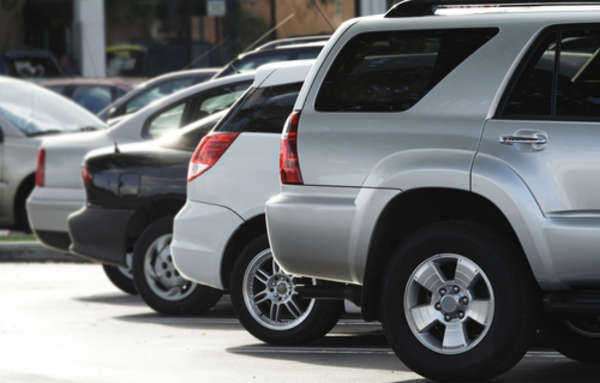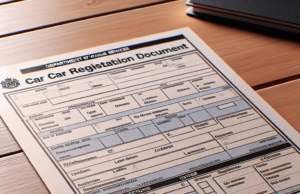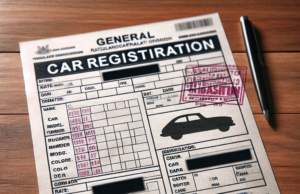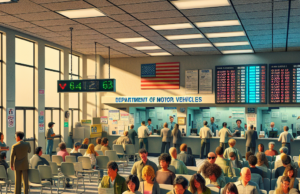South Dakota Parking Laws
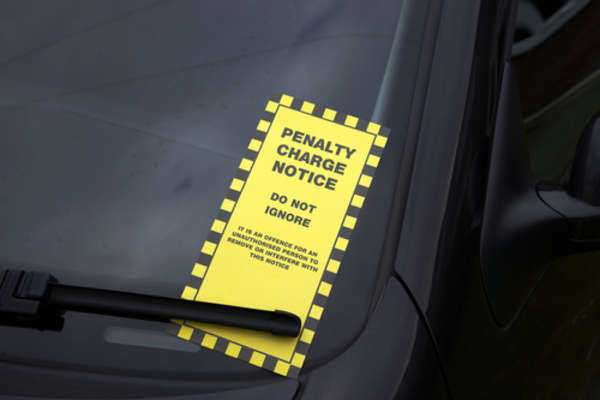
Frequently Asked Questions about South Dakota Parking Laws
South Dakota parking laws strictly regulate how and where people may park their cars in the state of South Dakota, as well as what the punishments will be for violations of these laws. Though these are generally minor infractions, they can carry a heavy price, so everyone with a car should be intimately familiar with South Dakota parking laws.
What are examples South Dakota parking laws?
There are many South Dakota parking laws in existence that drivers should know exactly. Most important are those laws restricting where a person can park. For instance, it is forbidden for any car to park:
• In front of a public or private driveway;
• Within fifteen feet of a fire hydrant;
• Within twenty feet of a crosswalk at an intersection;
• Within thirty feet of any flashing signal, yield sign, stop sign, or traffic signal;
• Within twenty feet of the driveway entrance of any fire station, or within seventy-five feet of a driveway entrance if on the opposite side of the street;
• At any other location which signs explicitly indicate that parking there is against South Dakota parking laws.
How do I pay a parking ticket?
Paying a parking ticket means that you are pleading guilty to a violation of South Dakota parking laws, so you should only do it if you are truly guilty of the crime. The fine for your particular parking violation should be stated clearly on the ticket. You will be able to pay by mail, following the instructions carefully on the back of the ticket, signing it in the appropriate place and putting with it funds in the requested form—usually a check or a money order.
You will also be able to pay your traffic ticket in person at the city court. Just bring the ticket and a form of payment. Some individuals prefer paying n person because it usually means more methods of payment are available, including by cash and credit.
Keep in mind that violations of South Dakota parking laws are punished strictly with fines, not with points. If you pay your parking ticket, it will not affect your insurance rates.
How do I challenge a parking ticket?
Individuals accused of violating South Dakota parking laws always have the right to challenge those accusations in court. Just read the back of the parking ticket to learn exactly how to plead not guilty and contest the charges in a city court.
For minor crimes, such as most violations of South Dakota parking laws, a jury trial will not be available. You will have to present your case to a judge. Most jurisdictions will allow you to hire a parking ticket attorney if you want legal counsel, but this will certainly not be required and will likely cost more than your ticket is worth.
What if I lose a parking ticket?
This has an easy answer. Just call the court and they’ll replace the ticket for you, since the police already have a record of it. Unfortunately, you may be charged an additional fine for a replacement, depending on the rules of your particular municipal court.

